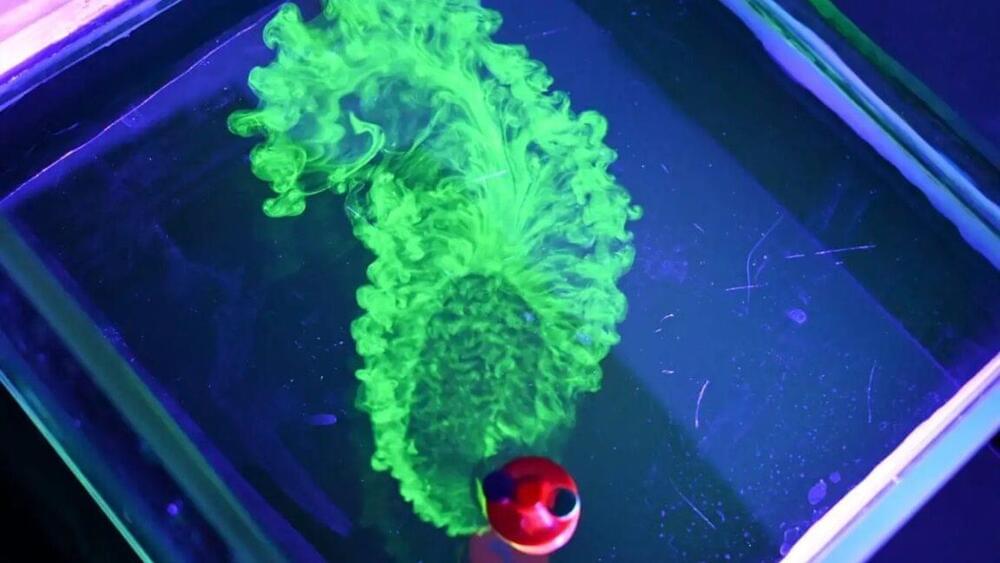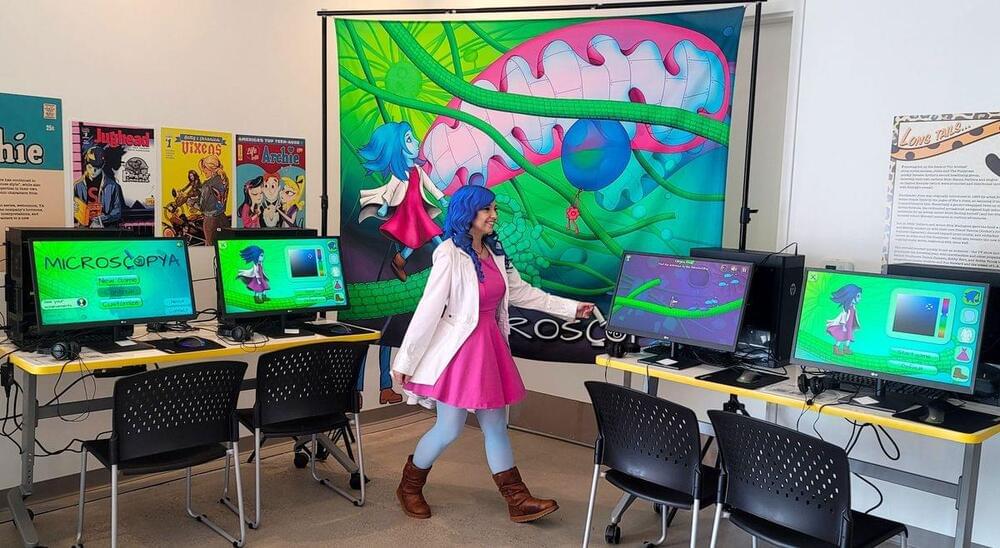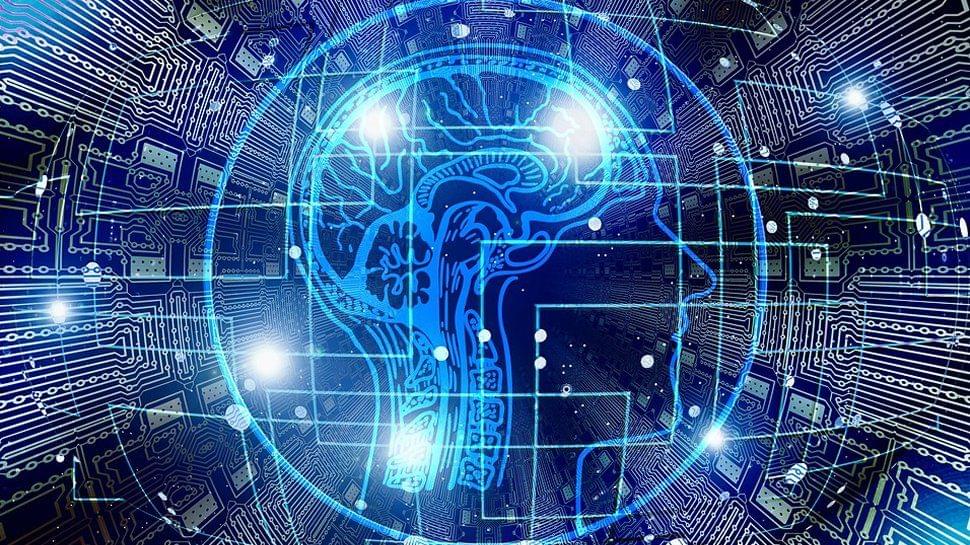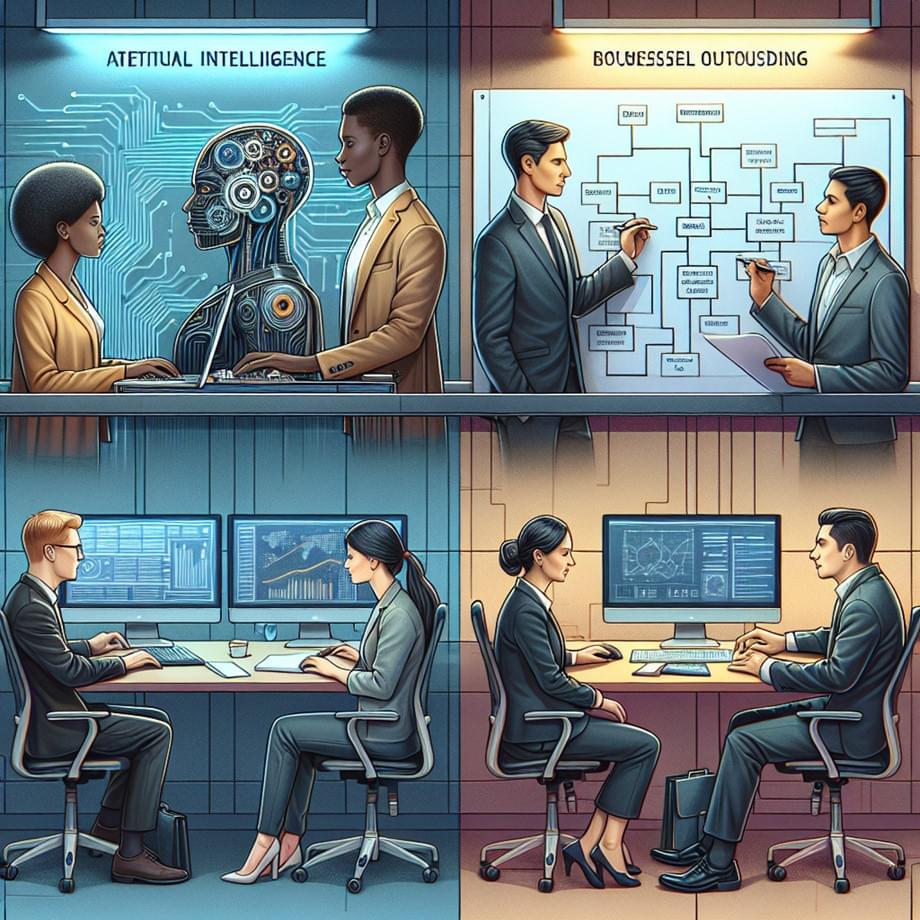There’s a common popular science demonstration involving “soap boats,” in which liquid soap poured onto the surface of water creates a propulsive flow driven by gradients in surface tension. But it doesn’t last very long since the soapy surfactants rapidly saturate the water surface, eliminating that surface tension. Using ethanol to create similar “cocktail boats” can significantly extend the effect because the alcohol evaporates rather than saturating the water.
That simple classroom demonstration could also be used to propel tiny robotic devices across liquid surfaces to carry out various environmental or industrial tasks, according to a preprint posted to the physics arXiv. The authors also exploited the so-called “Cheerios effect” as a means of self-assembly to create clusters of tiny ethanol-powered robots.
As previously reported, those who love their Cheerios for breakfast are well acquainted with how those last few tasty little “O” s tend to clump together in the bowl: either drifting to the center or to the outer edges. The “Cheerios effect is found throughout nature, such as in grains of pollen (or, alternatively, mosquito eggs or beetles) floating on top of a pond; small coins floating in a bowl of water; or fire ants clumping together to form life-saving rafts during floods. A 2005 paper in the American Journal of Physics outlined the underlying physics, identifying the culprit as a combination of buoyancy, surface tension, and the so-called ” meniscus effect.”






